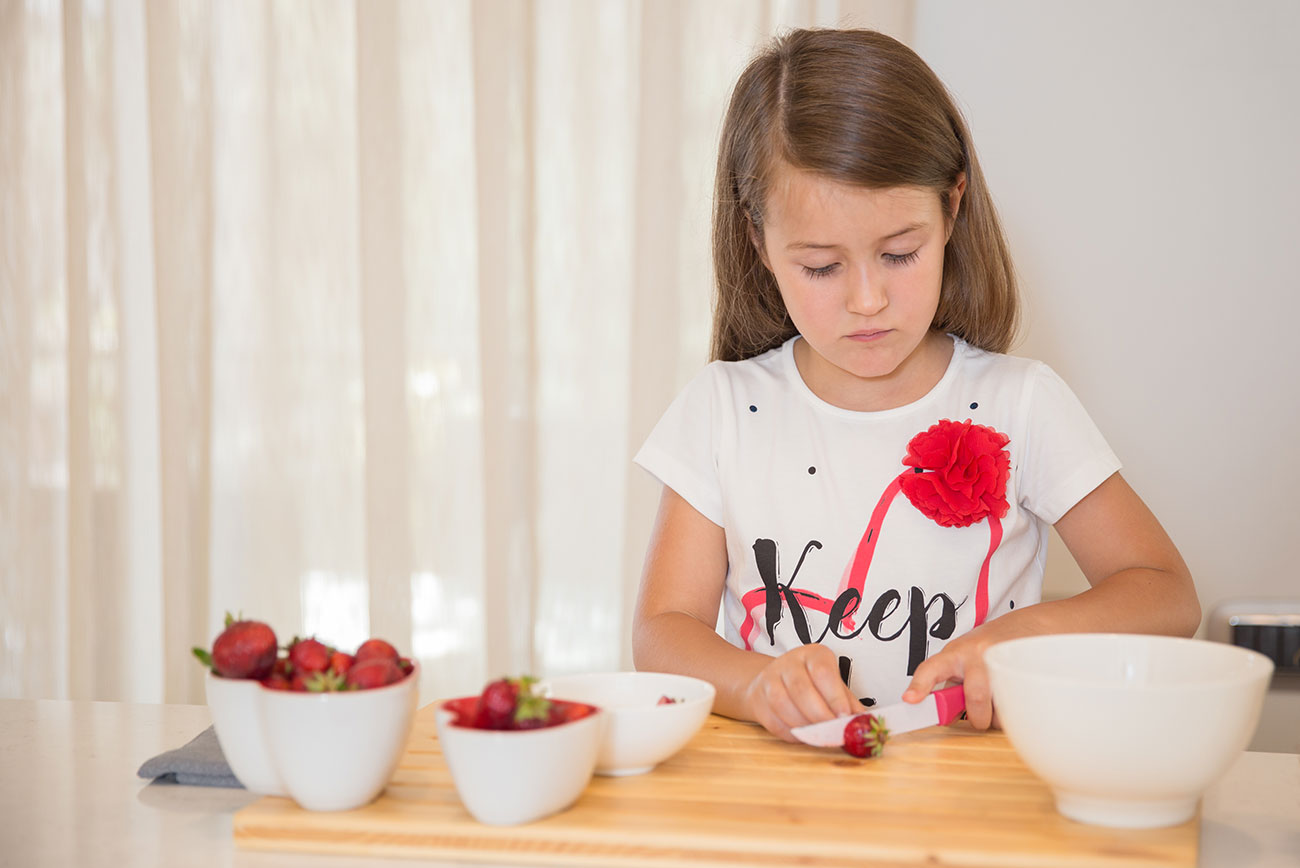Making meals happy moments in the family, celebration of food and how to put stress away with children at the table
First, let us make an examination of conscience, and answer sincerely at these questions:
- Do you pay attention for how and where we eat?
- Do you have no “distractions” around you (TV, computer, telephone) and are we fully focused on your food?
- Do you and your children eat dinner together giving the opportunity to talk freely, without judging?
- What are your routines about the dinner?
- Is the meal time an opportunity to relax and enjoy your family time together?
- Do you devote your maximum attention to your meal, pay attention to taste, texture and relish every bite?
- Do you eat regularly?
- Do you explain to your children what they have on their plates and give them opportunity to choose what to eat by themselves?
I’m curious to find out what your family’s relationship with food is. What’s your attitude? What are your tips about it?
We can’t say that difficult or picky eaters are always a product of their upbringing. I do however think that very often, our own attitude to and relationship with food is of an enormous influence on our children.
My own children happen to be very good eaters. They are interested in food, they try new things, and are not overly picky or fussy. Probably my husband and I have partly been lucky, and we’ve partly been doing some things right.
Eating is a much debated and quite sensitive topic amongst parents. Let’s say that: it’s a tricky one!
I have made a list of tips that in my experience can help make eating a positive and fun part of the day:
- Involve the children in the dinner preparation. They can start helping at quite an early age. Tell them what you are doing, let them try the ingredients. Trust them with a knife — Victoria has been making a really good Caprese Salad from the age of 4. Even David chips in with cutting the mozzarella! Also: grow your own veggies if possible (even on the windowsill). Take your children shopping (f.e. to the (farmers) market), let them choose some food and prepare that food that evening. When your children have been actively involved in the dinner preparation, they will be more open to try and enjoy the food.
- Eat with the children as often as you can. Sit at the table, and have a proper family dinner experience. Don’t turn the tv on (you could even argue to turn the music off). Dinner is a social experience, it’s about connecting with each other and sharing the pleasure of each other’s company and good food. Set the scene, make a nice table, use little bowls, napkins, light candles, etc
- Don’t allow negativity about food, instead be positive and adventurous about food. Set the right example; don’t ‘dislike’ food yourself. If you love food, your children will love food. I’ve had children at my table who started to be negative as soon as I served the food on the table. “Oh, tomatoes! I hate those! Eeeks, I don’t eat brussels sprouts, they are disgusting!” I personally don’t allow my children to use those kinds of strong associations in connection with food. In general, I want my children to understand that the food that I buy, prepare and serve on our table, is good, healthy and delicious food. I don’t allow my children to be disrespectful to this food, or to the cook (me!) who has done her best to prepare a yummy meal.
- Be relaxed about food. When introducing a new food — don’t overhype or over-react, be casual about it, make it a part of the regular eating experience. I also have experienced that some foods, which I expected my children not to like (sauerkraut, for instance, or olives), have been received with great enthusiasm. So instead of being doubtful (“You can try, but you probably won’t like I”’), be casual. You might be surprised!
- Always encourage your child to try everything on the table. Don’t let them get away with ‘not liking’ something too easily. If my children, after positively trying the food, don’t like it, I ask them why they have difficulty with it — for instance, the food can be too spicy, too bitter, too salty, etc. I then try to get where they are coming from, and most often understand, but maybe we talk about how ‘too salty’ can also be good in combination with other things. Overall, this has made eating and trying food a more positive experience and a fun interaction.
- If a certain food is disliked, just let it pass, but don’t ban it from your kitchen. Positively offer it to them again at other times. Encourage them to keep trying; their taste might change and chances are that at some point, they will (learn to) like it. Especially if they see other people enjoying that food!
- When your kids don’t want to eat their dinner, that’s ok, but don’t offer a substitute.
- Expose your children to different varieties of food from a young age. Don’t generally cook ‘child-friendly’ dishes for your children, serve them regular adult dishes with regular herbs and spices. (I personally believe that even during pregnancy it’s important to eat a variety of dishes!)
Take your children to restaurants, and choose from the main menu (most restaurants will be happy to serve half of a main dish to a child, or split one main dish on two plates).
My husband and I encourage our children to be flexible in their eating so we can take them to friend’s places and we can travel with them and experience different cultures. Recently, on our journey in Asia, David had tried a miso soup and sushi, and it turned to be his favorite plate every day, and he finished up with eating sushi even for breakfast!
Enjoy and see you next time!
xxx



